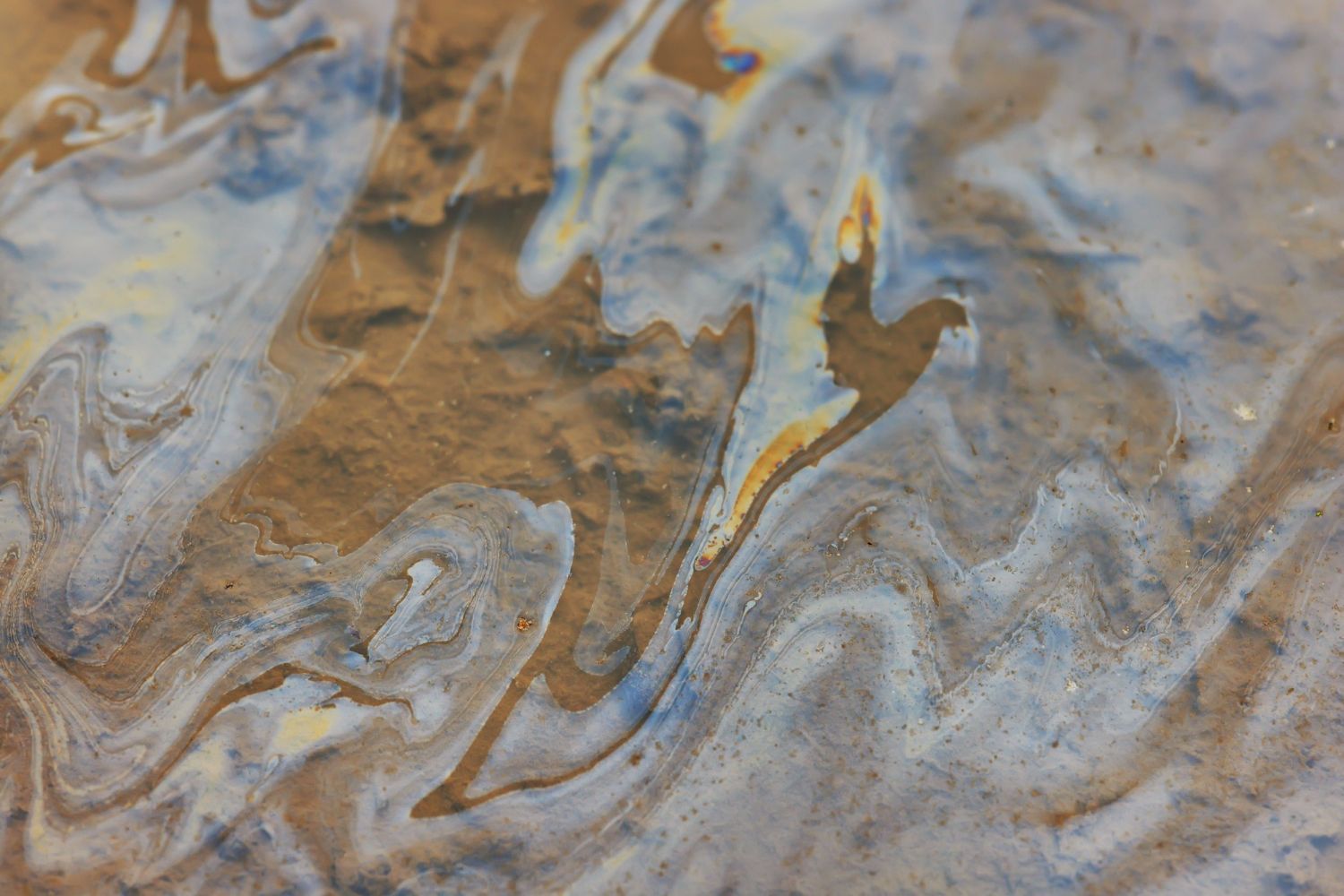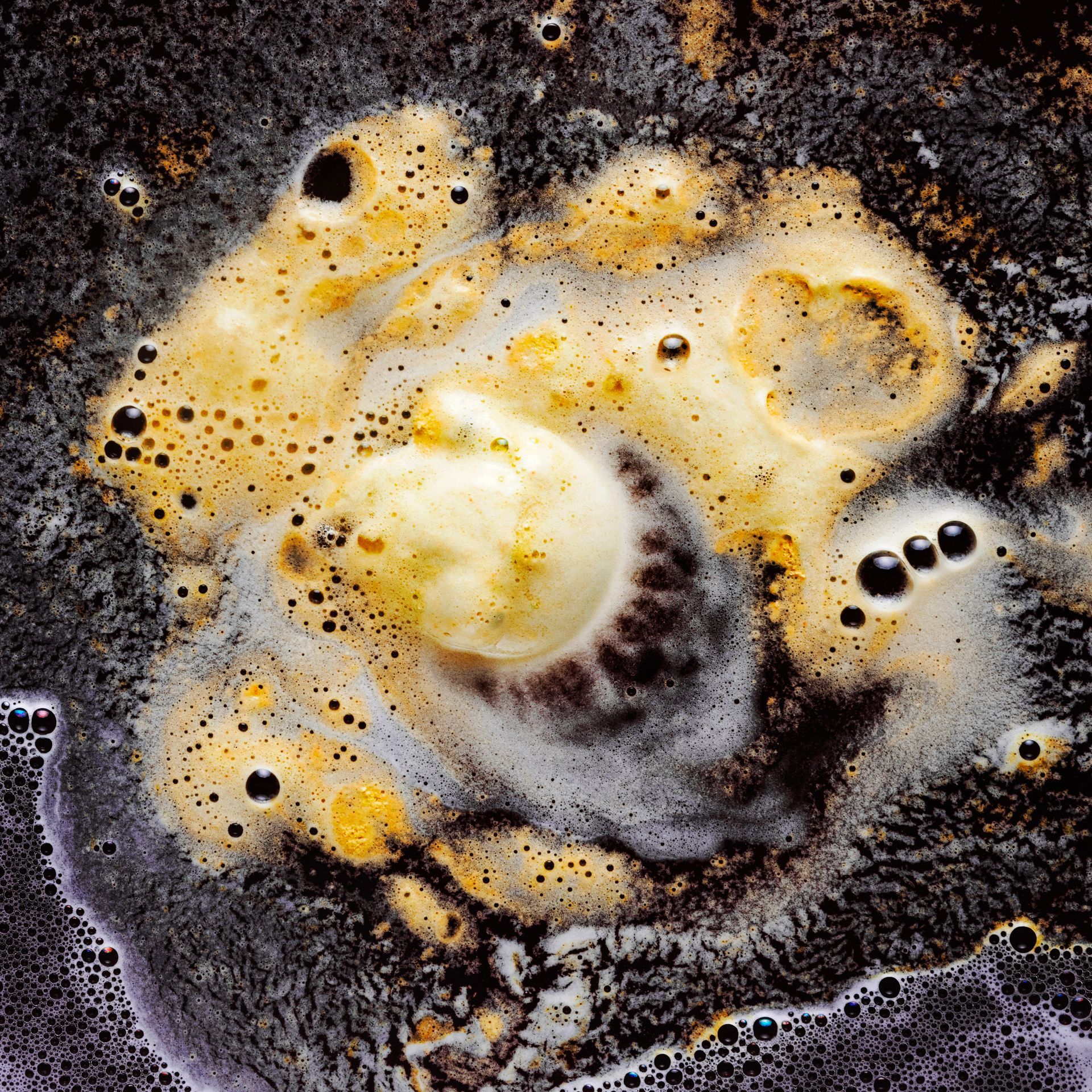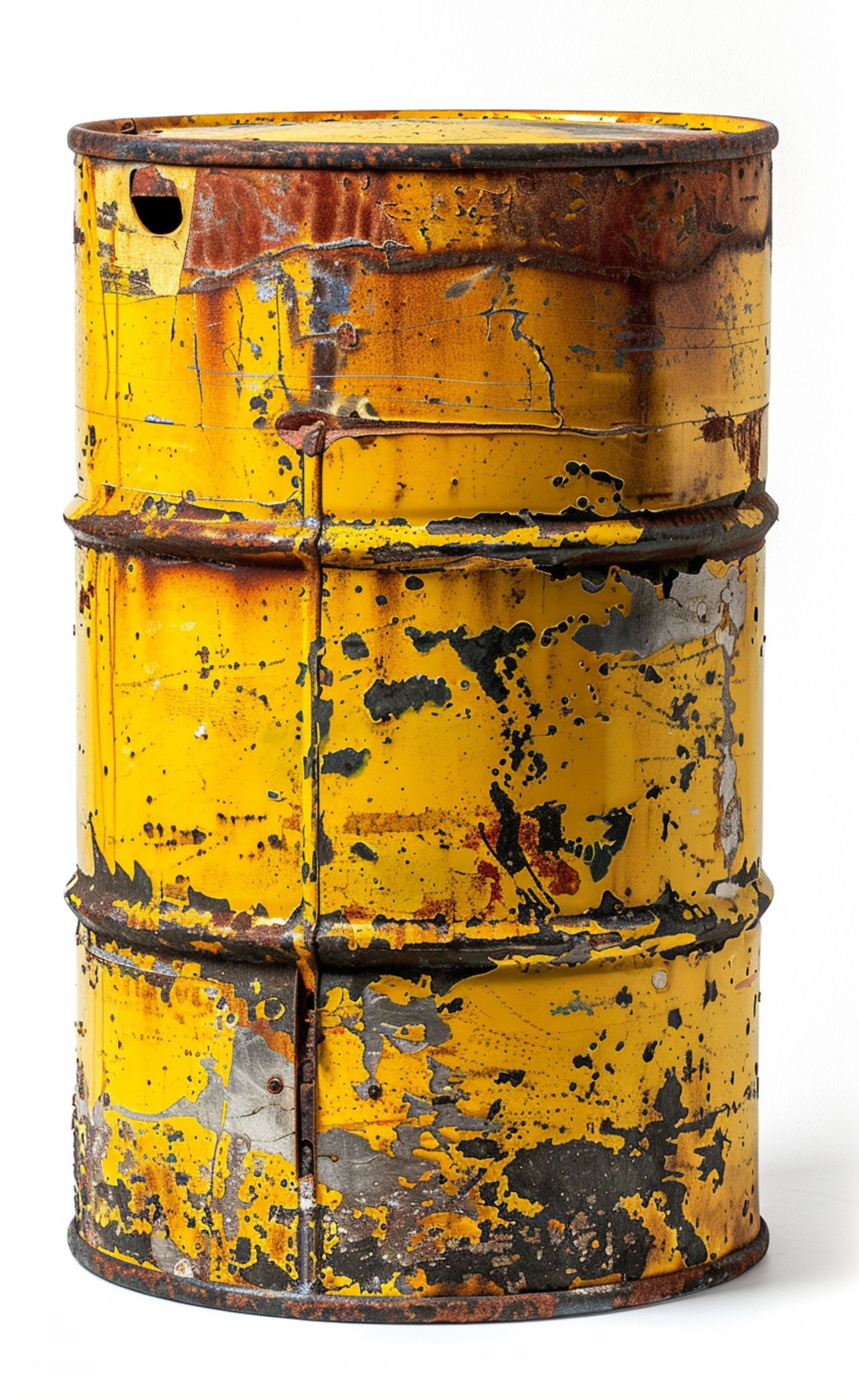What is Fuel Contamination?
Find below a list of contaminants that can be found in Fuel. We have provided a brief explanation too. Get in touch for more detailed advice or explanation of how these contaminate fuel and how to eradicate them.
find out more...
Fuel Contamination
Diesel fuel can contain many types of contaminant. All of them can be harmful to your engine.
List of Services
- Water
List Item 1
Can be present in fuel in three states; dissolved, emulsified and free.
- Dissolved Water
List Item 2
Water that is chemically dissolved, or absorbed, into fuel and distributed molecule by molecule. Just like sugar in tea.
- Emulsified Water
List Item 3
Where very small droplets of water are suspended in the fuel. Just like oil and vinegar in a salad dressing.
- Free Water
List Item 4
Water that falls out of suspension in the fuel and gathers at the bottom of the fuel tank. Whilst dissolved water can affect fuel stability, it is free and emulsified water that are more problematic. Not only can it cause fuel system and engine damage but it also promotes Microbial growth, or diesel bug, in fuel systems.
- Diesel Bug
Microbial growth within a fuel tank or system is commonly known by the generic term ‘diesel bug’. Diesel bug isn’t a single type of organism, there are up to 100 different types of bacteria, moulds and yeasts that have been found inhabiting fuel systems.
- Bacteria
Single cells, typically 1-10 micron in size, 20-30 minute generation time (the time for the population to double), one cell can multiply into 2 million in 7 hours. Bacteria will degrade fuel over time.
- Asphaltines
These are present in all petro-diesel fuel to a greater or lesser extent, although they tend to increase with changes to fuel temperature and fuel oxidation. They are hard, brittle particles that are not soluble in fuel, and are generally less than 2 micron in size making them harmless to the fuel injection system. However they can agglomerate into larger particles which can easily block engine filters. These particles tend to collect at the bottom of a fuel tank and can form an oily sludge that is often confused with microbial contamination.
- Bio-Films
A biofilm is a complex structure of microbes that adheres to the walls of the fuel tank. It begins to form when free floating microbes land on a surface and attach themselves to it. This attachment is initially reversible, although if they are not removed they start to change their structure and become irreversibly attached to the surface. These microbes then start to divide and attract other microbes to join the colony. Bio-films are complex structures that, given time, can grow to millimetres thick and contain billions of microbes. Sometimes, perhaps following fuel tank turbulence, chunks of the bio-film will slough off and will block fuel filters. The bugs in bio-films also excrete acid, this acid will erode a metal fuel tank quite easily and many holed tanks are as a result of biofilm formation.
- Gums and Other Organic Contaminants
The oxidation stability of bio-diesel is inferior to that of petro-diesel. Meaning that as the fuel comes into contact with oxygen chemical reactions break down the fuel into peroxide, organic acids and gummy sediment. These soft, sticky substances can stick to fuel filters and engine components and cause acid erosion.
- Sludge
It is often claimed that ‘sludge’ is found within diesel fuel systems, and it is often interpreted as being one of the above contaminants. In reality it is likely that it is formed from a combination of many of the above contaminants.
- Yeast
Type of fungi, relatively slow growing. Typically 3-4 micron in size.
- Mould
Type of fungi, long multi-cellular filaments. There is little indication that they degrade fuel but due to the long strands are effective at blocking filters etc.
Get in touch to get rid of these contaminants, to prevent them or just to find out more
The first step to improve & protect your fuel...
Fill in the form below to find out how we can or just get advice. We will get in touch to find out any other details we need.






